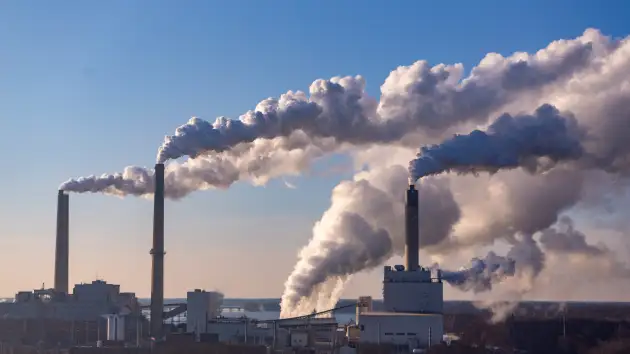
How Pollution Can Impact Your Oral Health

Pollution is defined as the introduction of harmful materials into the environment. Pollutants can be natural or can be made by humans. In 2019, Jacksonville, FL was ranked the 9th most polluted city in Florida out of the 43 cities in the state. Although our rank was higher than we’d like it to be, Jacksonville has good air quality. Pollution, along with water and air quality, play a large role in your health. Environmental pollution is now recognized as a global threat, but we can take steps to prevent it from impacting your oral health.
How does pollution relate to your oral health?
Direct exposure to polluted air can impact the outermost layer of your teeth. If this layer (the enamel) is injured, it won’t properly be able to protect the rest of your tooth and can easily allow for cavities to form. Even more serious, a recent study found that high levels of air pollution are linked to a greater chance of developing mouth cancer. Mouth cancer refers to cancer that develops in any area that makes up the oral cavity – such as lips, gums, tongue, cheeks, and upper throat.
Drinking contaminated waters can cause immediate and long term damage to your body. Just like air pollution, water pollution also acts against your teeth. For example, water with too high amounts of minerals may cause staining and discoloration of teeth.
What can you do to live more sustainably and protect your teeth?
Here are some tips that can help you reduce pollution while also caring for your oral health:
– Eat a diet low in added sugars – Sugar production is known to impact the environment because of its intensive use of water. Sugar is also known to interact with the bacteria in your mouth to make acid. This acid is what causes tooth decay that creates cavities.
– Support local farmers – Not only will supporting local farmers help your community, their farming styles are typically more organic. Local farmers are aware of how they are raising their crops and aim to reduce the amount of synthetic pesticides & chemicals used.
– Increase vegetable intake – Protein intake is an important part of your diet, but vegetables are just as important. Land used to raise animals leads to the removal of trees to make space for grazing and factory-farms. Also, untreated animal waste can run-off an pollute waters. Veggies have vitamins that help protect your gums and other tissues in your mouth. Strong gums are an necessary part of maintaining healthy teeth! BONUS: purchase your veggies from a local farmers market.
If you have any concerns with how the environment is affecting your health and are curious to find ways to can counteract the negatives, give us a call at 904-348-0416. Dr. Monteiro & her team at River Oaks Dental is happy to answer any of your questions. Remember – brush, floss, and visit your dentist at least twice a year!
- by admin
- on
